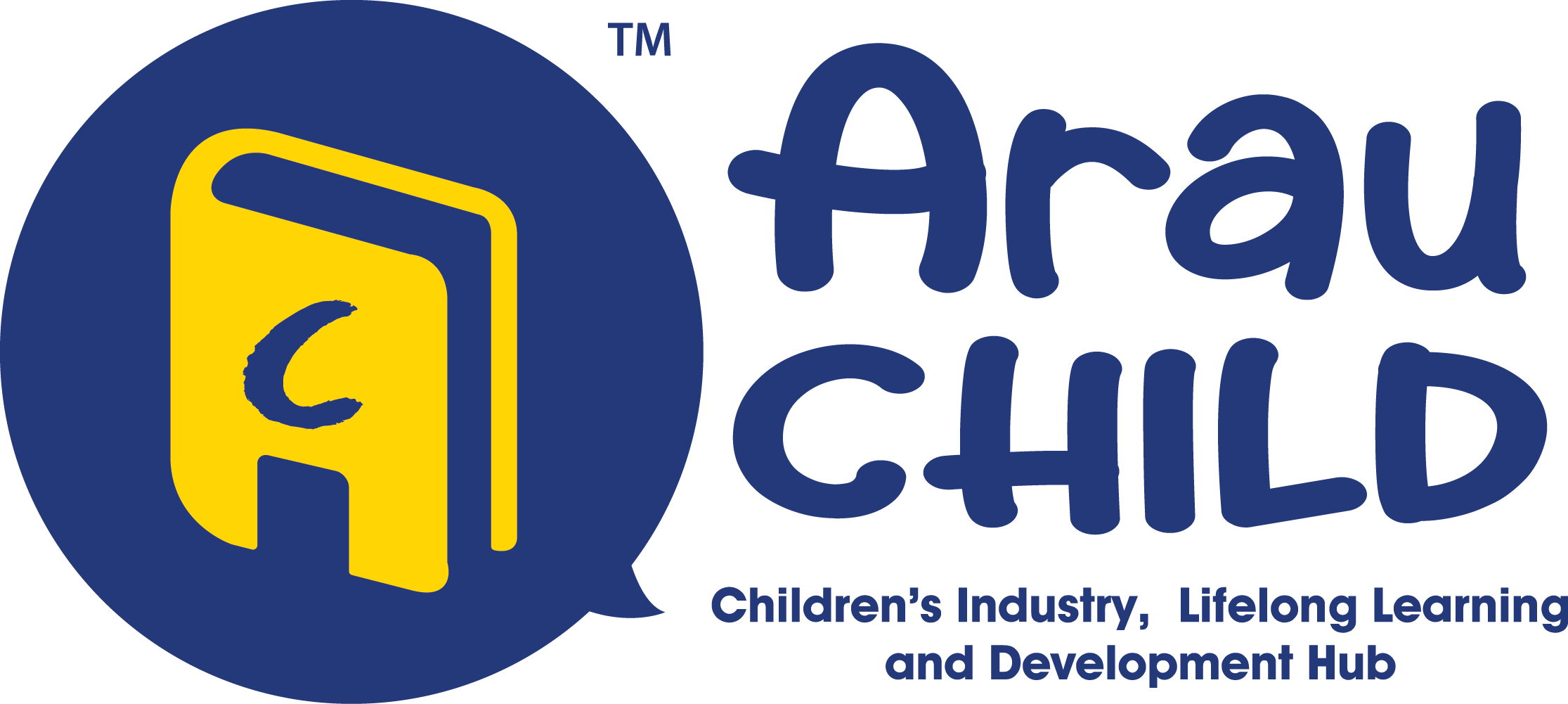At CHILD, we believe that education should reflect and respect the cultural context of the children it serves. This belief is at the heart of our Arau Approach, which prioritizes local culture and long-term community involvement. In this post, we’ll explore how integrating local culture into educational practices enhances learning experiences and promotes overall well-being for children.
- Understanding the Arau Approach:
- The principles of the Arau Approach.
- Why local culture matters in education.
- Benefits of Culturally Relevant Education:
- Improved engagement and retention.
- Enhanced self-esteem and cultural pride.
- Strengthened community bonds.
- Real-Life Examples:
- Case studies of communities where the Arau Approach has been implemented.
- Success stories and positive outcomes.
- How We Involve Families and Communities:
- Workshops and training for parents and educators.
- Collaborative community projects and events.
By integrating local culture into educational practices, the Arau Approach not only improves academic outcomes but also fosters a sense of belonging and pride in children. Join us in celebrating and promoting culturally relevant education through the Arau Approach.

